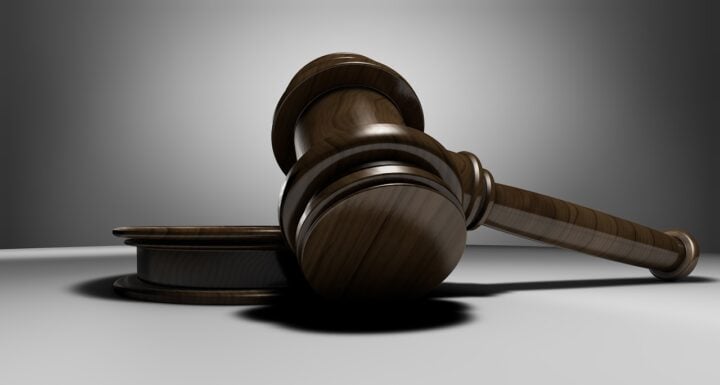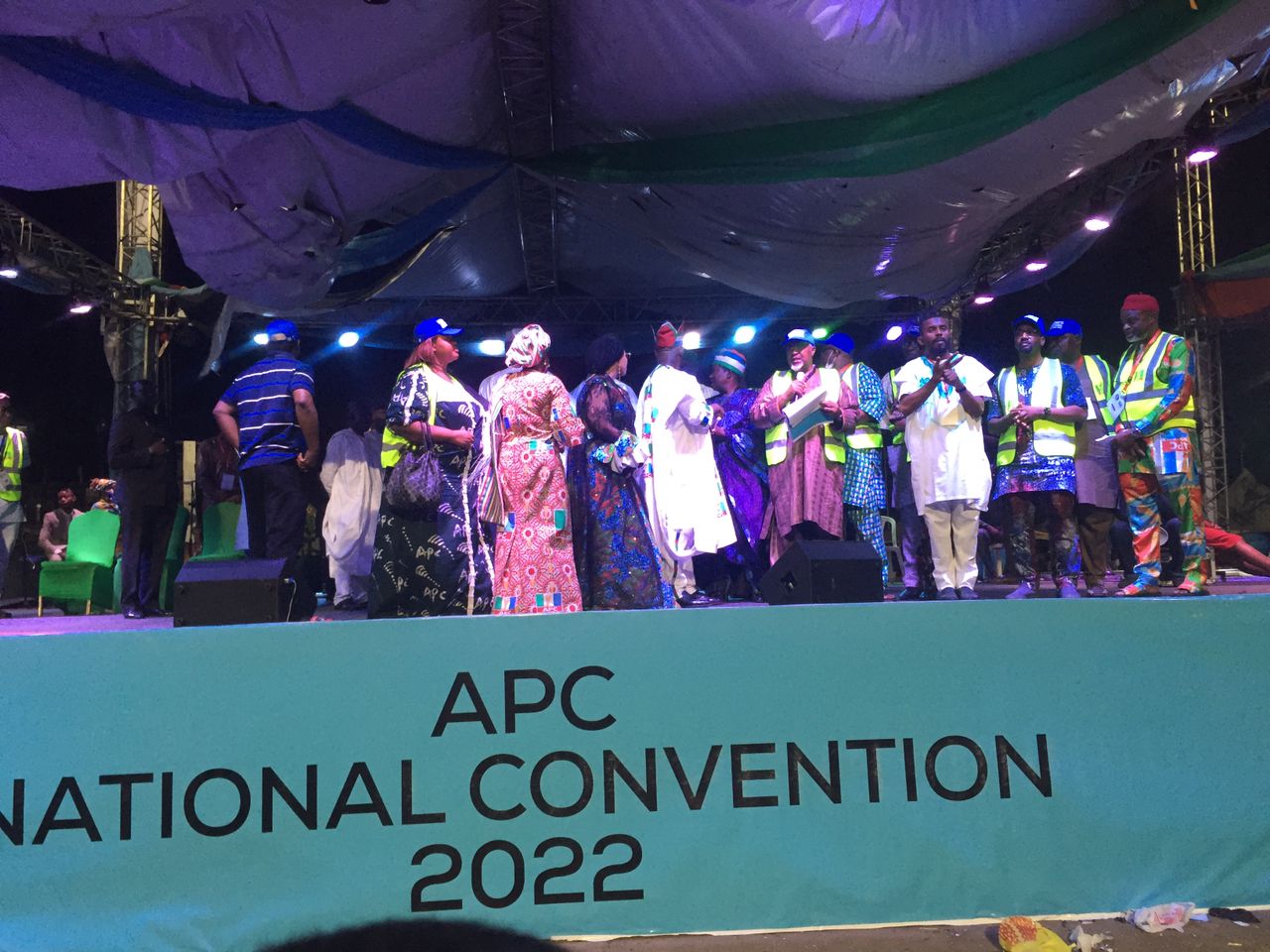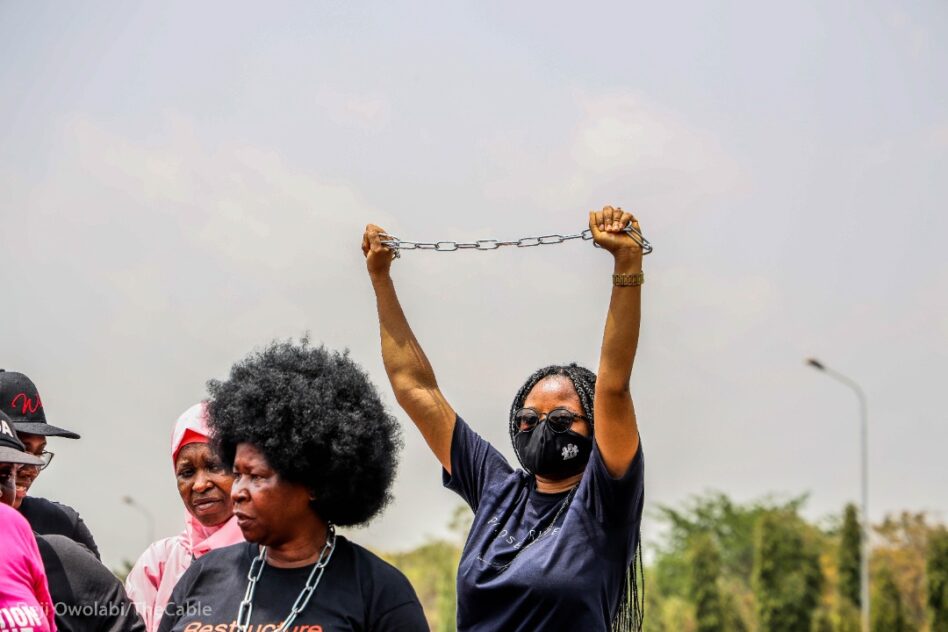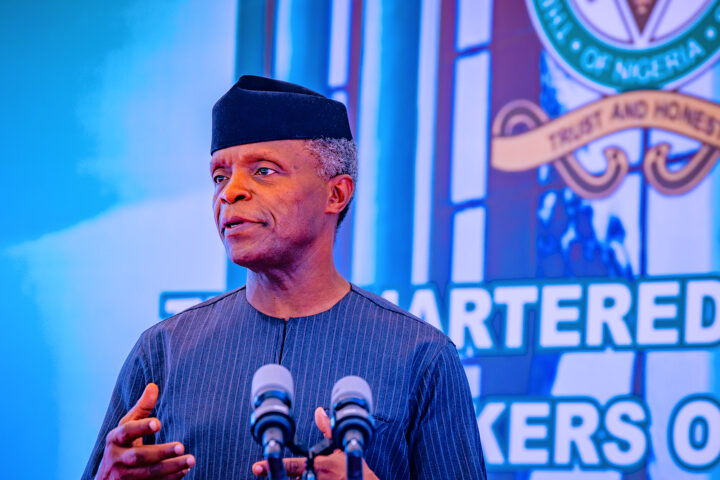“The assumption that respect for the judiciary can be won by shielding judges from published criticism wrongly appraises the character of…. public opinion. It is a prized…. privilege to speak one’s mind, although not always with perfect good taste, on all public institutions.” Hugo Black, Bridges v. California 314 US 252 at p.270 (1941)
In a little-noticed release issued at the end of its meeting on March 16, 2022, Nigeria’s National Judicial Council, (NJC), announced that it had disciplined two judges, placing one of them on a “Watch List for a period of one year” and issuing a “warning letter” to both.
According to the NJC, Muawiyah Baba Idris, the judge of the high court of the federal capital territory placed on the “Watch List’, had signed a “writ of possession for execution on the same day he delivered judgement (sic) in Suit No. FCT/HC/CV/FT/36/19 between Sicons Nigeria Ltd V Nile Place Restaurant and Catering Services Ltd. The suit was for recovery of demised property”. In the second case, the NJC “found merit” in the complaint that Mohammed Ladan, a judge of the high court of Kaduna state in north-west Nigeria, had in Suit No. KDH/KAD/1321/2018 between VTLS Inc. Vs Ahmadu Bello University “signed the writ of attachment while the Garnishee Order Nisi was pending.”
To explain, if, for instance, a bank holds money on behalf of a person who is owing on a judgment, a garnishee order can issue to compel payment of the money to the person to whom the judgment is owed. It is issued in two stages: an order nisi is incomplete and only affords the court an opportunity to hear all sides so as to determine whether or not to make it final (absolute). Until the court makes the order final, it is not ripe for enforcement. These are very basic in the legal process.
Advertisement
In both cases, the misconduct by the judges was willful. These were not mistakes. Almost assuredly, they acted in collusion with the lawyers on whose application they issued the orders. The NJC decision should have put the Nigerian Bar Association (NBA) on notice to invoke disciplinary procedures against the lawyers. The NBA has so far failed to do so. The damage caused by the misconduct to both the tangible interests of the parties affected and to the intangible public interest in the reputational asset of the judiciary is incalculable. In its eminent wisdom, the NJC determined the appropriate sanction as worth less than the inconvenience of a slap on the wrist announced by a press release.
For an illustration of what happens when the public cannot trust the NJC and the legal profession to take judicial integrity seriously, we must return to the controversy over the recent order by a federal high court in Umuahia, Abia state, requiring the attorney-general of the federation to delete section 84(12) from the recently passed Electoral Act, 2022.
On March 8, 2022, Nduka Edede initiated the case in a filing in which he described himself as a “constitutional lawyer”, politician and citizen who has “continually exercised his civil duties and franchise since the return to democratic rule in 1990 till date.” This is false. For the record, in 1990, Nigeria was under military rule.
Advertisement
On the same day, before another federal high court in Ibadan, south-west Nigeria, another lawyer, Chief Oyewole Bolanle, filed a separate suit, number FHC/IB/CS/32/2022 absolutely identical to that in Umuahia, claiming exactly the same reliefs. In both suits, the attorney-general of the federation was the sole defendant. It appears that on the same date, different other persons filed similar suits in several other courts strewn across the country. That is not very relevant to this story though.
Unconnected with these suits but very relevant to them, on or around March 7, Inyang Ekwo, another judge of the same federal high court, issued a temporary order restraining the national assembly, the president and the attorney general of the federation from amending or deleting the same section 84(2) from the electoral act. This order appears to have inspired the flurry of speculative suits that followed, all bearing the hallmarks of grand collusion. The case is still pending, and this order was too when the court in Umuahia gave its judgment 11 days later.
In Ibadan, Uche Agomoh, the presiding judge, asked the plaintiff’s lawyer to address her and justify his standing to institute the claim. In a ruling delivered on March 17, she held that Chief Bolanle, not being a public servant or political office holder, did not have sufficient interest to sustain the proceedings and ordered the suit discontinued and struck out.
By the time the Umuahia case came up on March 18, the attorney general was subject to two orders, one from the federal high court Ibadan from the previous day, indicating that the kind of claim before the court was unsustainable on grounds of lack of personal jurisdiction. A separate order from the same federal high court in Abuja from 10 days earlier restrained him from doing the kind of thing this suit asked for. He was under a professional, ethical, and legal obligation to bring these to the attention of the court. He failed to do so in circumstances which reek of a willful and fundamental ethical violation.
Advertisement
Here is what transpired in Umuahia in the words of the judgment delivered on March 18 by Evelyn Anyadike, judge of the federal high court, on page four of the judgment: “[t]he defendant filed a 7-paragraph affidavit of facts (sic) and a written address dated 10th day of March 2022 on 14th day of March 2022. In response to the defendant’s affidavit of facts (sic), the plaintiff filed a 5-paragraph further affidavit on 11th day of March 2022”. In this rendition, the further affidavit was filed three days before the counter-affidavit to which it supposedly responded.
On the same day that she gave the judgment, the court certified it for release; the order of the court was also enrolled, and the attorney general against whom it was issued exultantly announced that he would execute it immediately. If all this has more than a whiff of a plaintiff and defendant essentially involved in a joint enterprise to bring the judicial process into disrepute with more than active tolerance from the court, it is because they probably were. That much is pretty evident in the face of the judgment. It is a rape of the implicit bargain that underpins respect for judicial authority.
To put all this in context, at the end of the 2021 legal year, there were pending before the federal high court 40,822 civil cases; 30,197 criminal cases; 35,563 motions and 20,258 fundamental rights enforcement applications.
On March 21, the NBA weighed in on these developments, calling for citizens to be temperate in their response and warning that there are “legal and constitutional avenues” to challenge unfavorable judgments. This profoundly misses the point. It is not as if citizens don’t understand the need to protect or defend the courts nor is it that most don’t know the avenues for challenging unfavourable decisions. The point is the NBA’s legal Paracetamol is not a prescription for Nigeria’s cancer of vocational and judicial malefaction. There are undoubtedly many hardworking judges of integrity in Nigeria. For their sakes, courts of law must remain subject to accountability before courts of public opinion and before the court of posterity. This requires vigorous civic vigilance.
Advertisement
The NJC is the custodian of the judicial Code of Conduct, which requires judges to maintain “a high standard of conduct that will ensure and preserve transparently, the integrity and respect for the independence of the Judiciary”. The same code declares that “[a]n independent, strong, respected and respectable judiciary is indispensable for the impartial administration of Justice in a democratic state”.
In other words, there is an implicit bargain here: judicial integrity is the underlying guarantor of respect for the judiciary. The United Nations Office of Drug and Crime (UNODC) has published the view that “judicial misconduct breaks down the very fibre of what is necessary for a functional judiciary – citizens who believe their judges are fair and impartial. The judiciary cannot exist without the trust and confidence of the people.” When the public does not trust the NJC as the custodian of judicial integrity to adequately protect it with appropriate sanctions, citizens may relocate the site of judicial accountability from courts and institutions of law to the court of public opinion. To preclude this, the NBA must be clinical in rooting out the Cowboys among its members.
Advertisement
In this enterprise of guaranteeing the integrity of the courts, perception trumps reality. Judicial integrity rests on the idea well stated nearly 100 years ago by the courts in England that “[n]othing is to be done which creates even a suspicion that there has been an improper interference with the course of justice.” Nigerian judges and lawyers glory very much in their origins in colonial England. Not enough appear, however, to remember these lines or live by them.
On March 24, meanwhile, the ruling All Progressives Congress (APC) announced that it would comply with the original electoral act 2022, not the version decapitated by a crooked attorney general and a complicit court in Umuahia. When your politicians have better laws to them than your lawyers, attorney general and courts, you know you have a problem without a name.
Advertisement
A lawyer and a teacher, Odinkalu can be reached at [email protected]
Advertisement
Views expressed by contributors are strictly personal and not of TheCable.
Add a comment







